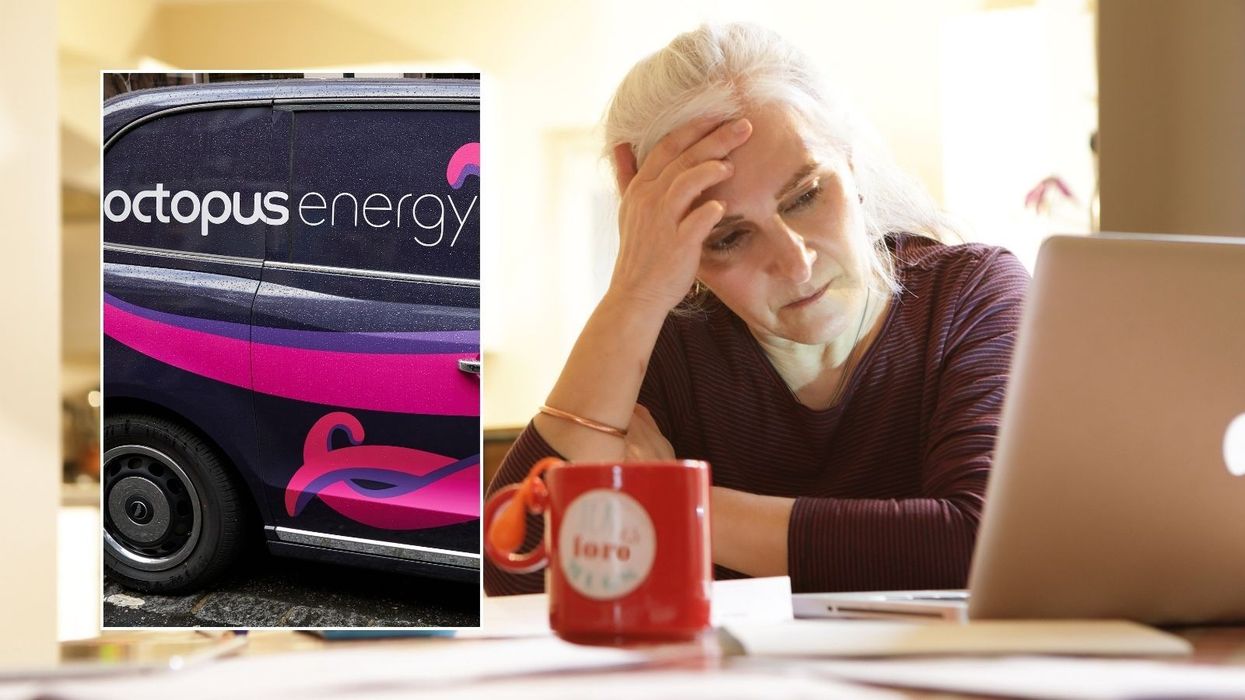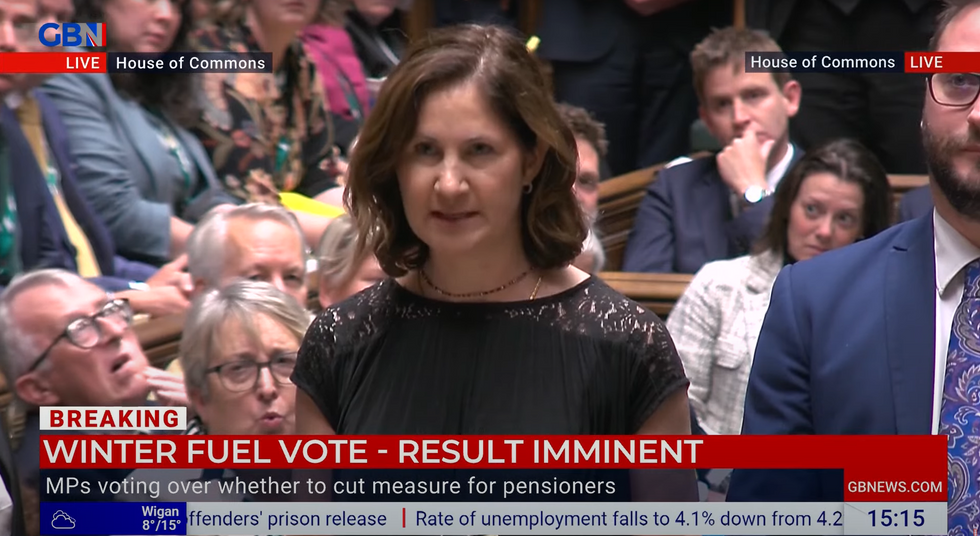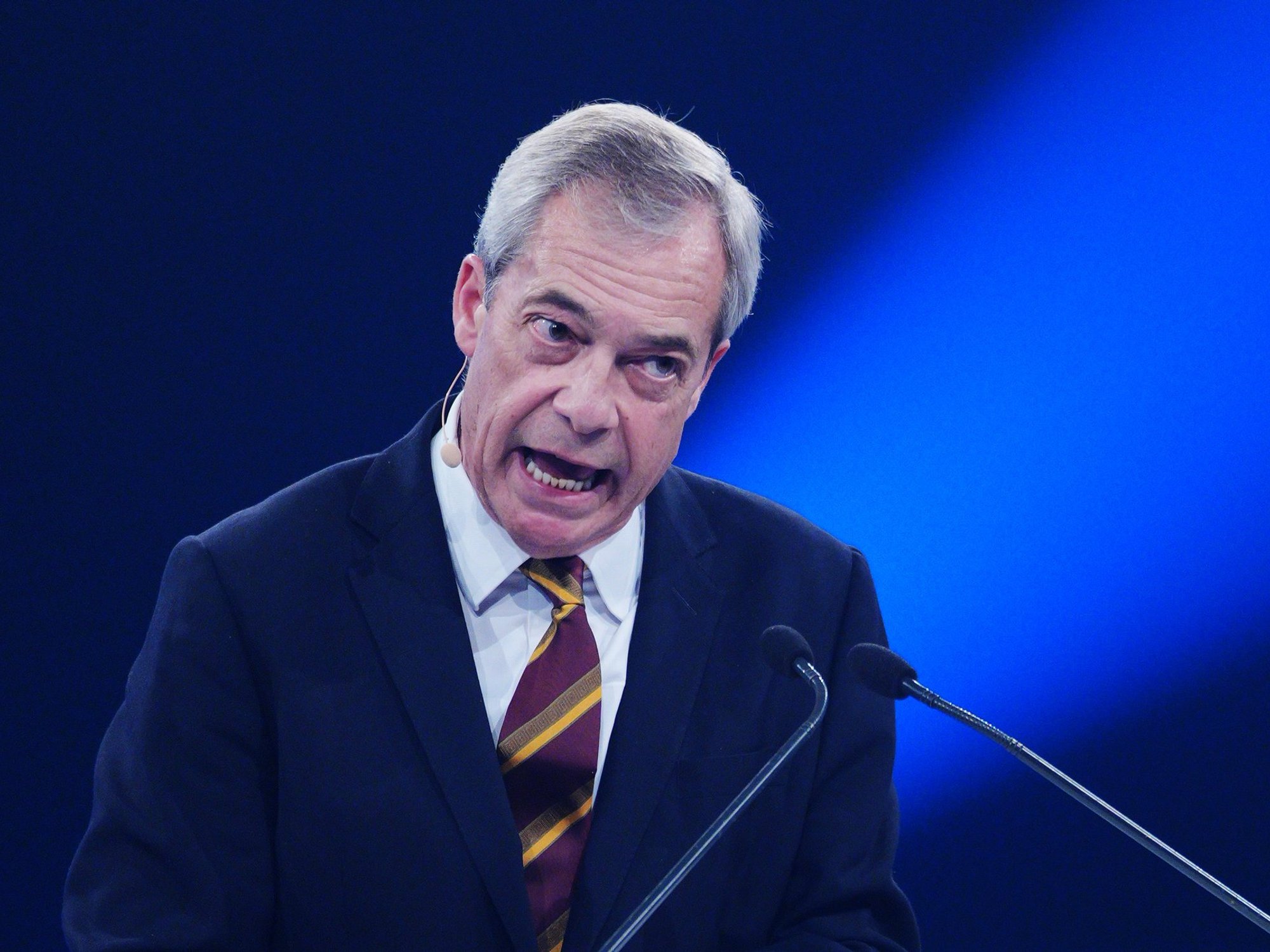Octopus Energy boss urges suppliers to 'be helpful' as pensioners lose Winter Fuel Payment

Octopus Energy's CEO is calling on extra support for those impacted by the means-testing of the Winter Fuel Payment
|PA

The energy firm's CEO is calling for more support in the wake of the allowance being means-tested
Don't Miss
Most Read
Greg Jackson, the CEO of Octopus Energy, has called on energy suppliers to support pensioners who are set to lose their Winter Fuel Payment.
He is urging firms to "be helpful" to the Government in addressing the impact of recent changes to the benefit which offers up to £300 in energy bill support.
"We all know there were some people receiving the Winter Fuel Allowance who didn't need it – that costs everyone else money," Jackson explained.
Octopus Energy's boss acknowledged the "grey area of people losing it that need it", suggesting that energy firms could step in to assist.
The Government's decision to restrict winter fuel payments to those receiving Pension Credit has sparked controversy.
Chancellor Rachel Reeves announced the plans in July, arguing that means-testing the benefit is necessary to tackle a £22billion "black hole" in public finances.
Do you have a money story you’d like to share? Get in touch by emailing money@gbnews.uk.

Greg Jackson, CEO of Octopus Energy
|PA
The changes to the Winter Fuel Payment scheme are expected to affect around 10 million people this winter.
Previously, about 11.5 million pensioners received the benefit, worth up to £300. Now, it will be restricted to those on pension credit.
Critics argue that many who do not qualify for Pension Credit may still struggle with bills. The benefit only tops up income to £11,300 a year for individuals.
Some Labour MPs have voiced opposition to the policy. However, Jackson, known for supporting previous Labour policies, took a more conciliatory stance.
"In these transition periods, it's easy for people to kick and scream," he said. "Alternatively, companies and others can say: 'How do we make this work in a way that is best for Britain and, in our case, best for our customers?'"
On top of Jackson's call for firms to step up, Octopus Energy has already taken action, announcing last month that it will continue its £30million assistance fund into this winter for pensioners who do not qualify for state support.
The company also offers other measures, such as providing free electric blankets to vulnerable customers.
However, Jackson cautioned that the Government should keep a "close eye on the impact" of the policy, especially if this winter is colder than usual. He advised ministers to be "ready to act" if more support is needed.
Despite these efforts, energy suppliers have faced criticism for making large profits while bills have soared. Octopus itself reported its first-ever profit of £203 million for the year ending April 2023, with revenue tripling to £13billion.
Energy bills are set to increase again this winter, with regulator Ofgem announcing a £149 rise for the average household from October. This comes as Labour's energy consumers minister Miatta Fahnbulleh recently held talks with suppliers, including Octopus, about alerting customers to existing bill support.
Sources indicate that ministers also discussed longer-term market reforms, including a potential social tariff. This measure could offer targeted discounts to poorer customers, potentially below the cheapest standard energy tariff.
Jackson acknowledged the importance of reducing energy costs for everyone but questioned who would bear the cost of a social tariff.
LATEST DEVELOPMENTS:
 MPs vote to MEANS-TEST Winter Fuel Payment as Labour's 'war on pensioners' heats up | GB NEWS
MPs vote to MEANS-TEST Winter Fuel Payment as Labour's 'war on pensioners' heats up | GB NEWSHe noted, "It's either going to be the Government, in which case they need to put taxes up, or it's going to be paid for by other energy customers, in which case bills go up for everyone who's not getting it."
Instead of a social tariff, Jackson has been advocating for a different pricing system based on proximity to clean energy generation. This "locational marginal pricing" would see people living near wind farms pay less for electricity.
"Regional pricing is the critical thing we need to do," Jackson said, citing a report claiming it could save bill payers £51billion by 2040. Octopus already offers discounts of up to 50 per cent for customers near wind farms during high winds.
Critics argue this system would be unfair, benefiting only certain areas. However, Jackson contends that prices would drop "in every region" due to increased efficiency.
While supportive of Labour's recent energy policies, including the creation of GB Energy, Jackson stressed it's "early days" for the new Government. He emphasised the need for "hard stuff happening to push energy costs down for good."










